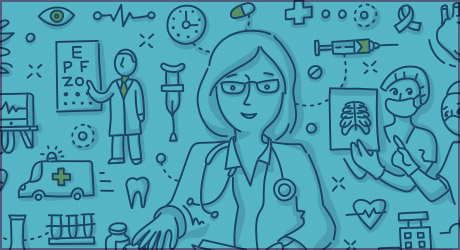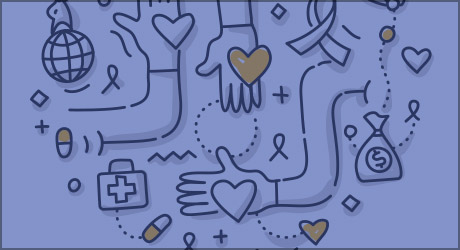
Why Choose Us?
Taking good care of your heart can help reduce your risk of heart disease and help you live a long and healthy life. From preventive screenings and lifestyle support, through minimally invasive and life-saving emergency care, the team at Keys Medical Group Cardiology works in close collaboration with Lower Keys Medical Center, which has earned Chest Pain Center Accreditation from the American College of Cardiology. Together we can provide a broad spectrum of cardiac services, including emergency care and diagnostic cardiology.
Our Cardiac Services
- Diagnostic and imaging technology to find heart disease early, when it's most treatable
- Comprehensive heart failure care
- Treatment for heart rhythm disorders (AFib), including electrical cardioversion
- Interpretation of nuclear stress tests, echocardiograms and echo stress tests
- Coronary Calcium Scoring
- Referral for cardiac catheterization, implantation of coronary stents and coronary bypass surgery
- Referral for arrhythmia ablation
- Referral for implantable loop recorder, permanent pacemaker and/or defibrillator implantation
- Referral for valve repair/replacement
Heart Healthy Resources

A Woman’s Risk for Heart Disease is Different: Here’s What You Need to Know
Heart disease is a big issue in the United States for both men and women alike. But some risk factors are more unique to women.
Read more »

Is High Blood Pressure Considered Heart Disease?
Finding out you have high blood pressure can be worrisome if you aren’t sure what your numbers mean or what to do about them. Discover how high blood pressure affects your heart.
Read more »

How Does Smoking Affect Your Heart?
Smoking’s impact reaches far beyond your lungs, harming nearly every other organ in the body. Get the specifics on how smoking can influence your heart’s health.
Read more »

Why Your Heart Wants You to Pay Attention to Your Cholesterol
Your liver makes cholesterol in your body, but you also get cholesterol from eating certain foods. Find out how the wrong kind of cholesterol can impact your heart.
Read more »